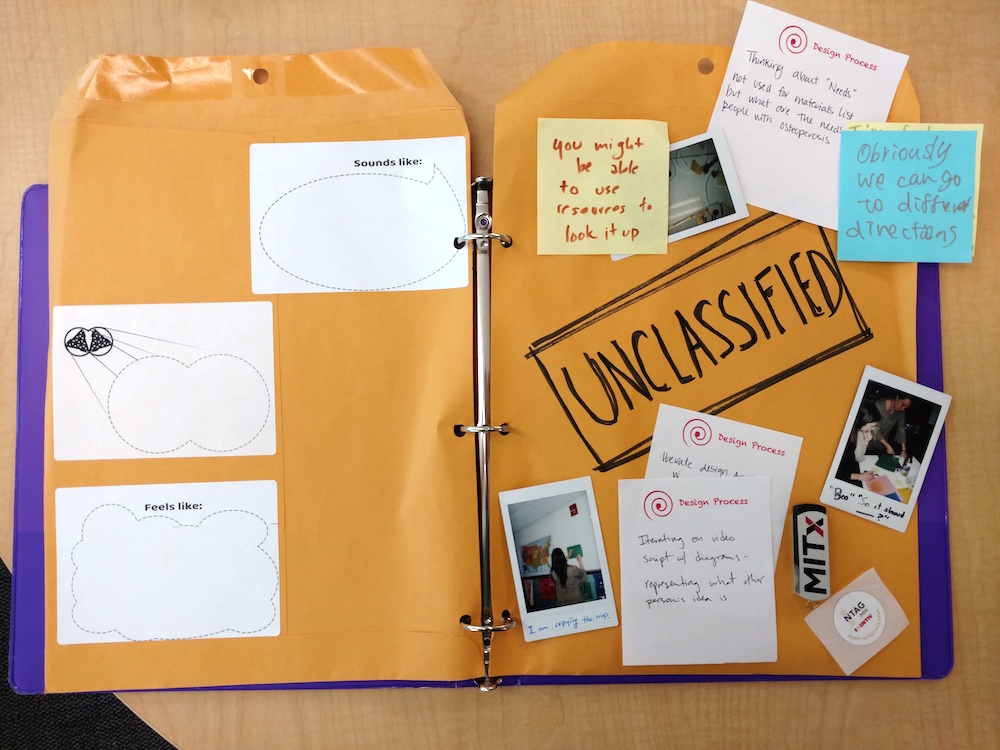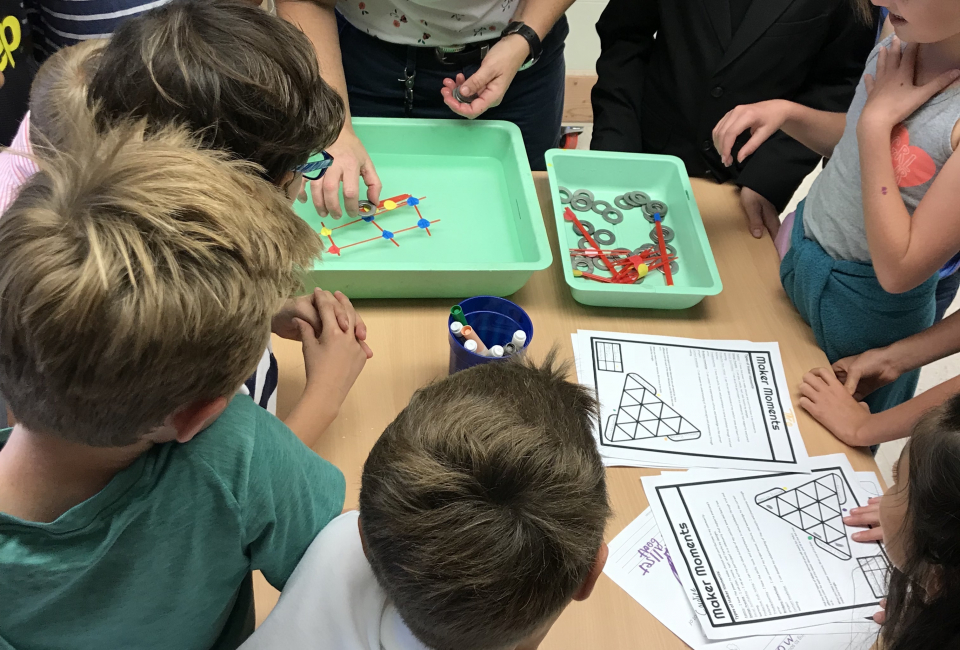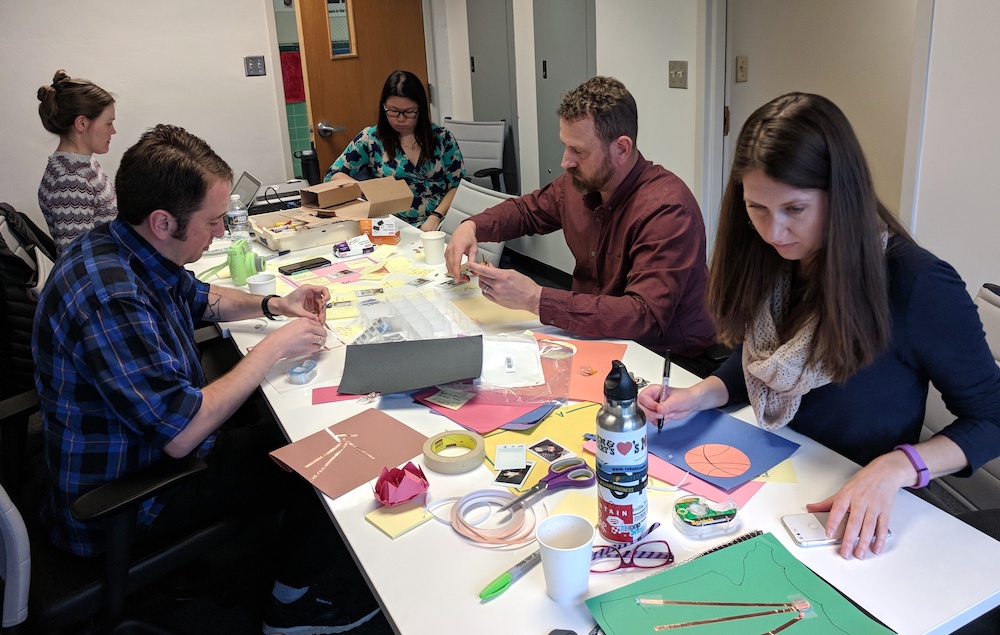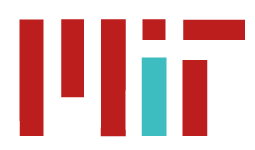
Maker-centered learning in schools can potentially transform K-12 education by promoting process-oriented, student-driven learning.
However, the question of how to implement assessment is one of the most critical challenges teachers and schools face when attempting to truly integrate making into their curriculum. Many maker classrooms use rubrics to assess final products and portfolios, but evidence of growth around future-ready skills such as problem solving, troubleshooting, and collaboration often relies on anecdotal evidence.
That is why we are excited to release the Beyond Rubrics Toolkit, a collection of tools to support embedded assessments in maker-centered classrooms. On the site, you can learn about the background of the project and download a “Print-and-go” PDF file, a teacher guide, and customizable digital files (as Google files and/or other file formats) of each tool to use in your own learning environments

The project began by drawing inspiration from embedded assessments in digital environments, where every decision, move, click a student makes can be automatically collected, analyzed and used to advance learning. In contrast, maker-centered classrooms are learning environments where knowledge acquisition, individual and group work, and dynamic and exploratory hands-on activities, and hot gluing all occur at the same time—an environment in which it’s very difficult to monitor all activity. Collecting evidence of learning in these dynamic and sometimes chaotic settings couldn’t rely on computer models, but would need to engage the classroom community of students and teachers to be evidence collectors and meaning makers
Through ongoing collaboration with our partner MakerEd and teachers from Community Public Charter School in Charlottesville, VA and Corte Madera School in Portola Valley, CA we got to work on this design challenge.

Drawing on existing frameworks and teacher experience we selected a set of seven constructs to focus on which we called our Maker Elements. We then worked on maker activities together, and documented our process with instant cameras, post-its, and notebooks to see the types of rich evidence we might collect. Through this process, we practiced identifying the Maker Elements in the evidence collected during our own making, and collectively built an understanding of what embedded assessment looks like for maker-centered classrooms.
The Playful Journey Lab at MIT and the Maker Ed team brought back insights and feedback from teachers and worked on ideas while locally testing them with children. We then returned to the teachers to try them out together and get feedback, and came back and iterated on the ideas even further.
Through this collaboration and iteration, we produced a collection of tools to support assessment in maker-centered classrooms. The tools include an activity to build shared knowledge around the assessment constructs, tools to collect a variety of types of evidence, and a first attempt at making sense of the evidence. The tools have been used in our partner classrooms, and we are continuing to iterate and refine the tool kit, as well as build new tools for additional contexts.

We are happy to release these tools to the world, to support assessment for learning in maker-centered classrooms.
These tools are not perfect. We are continuing to iterate on the ideas as we get more inspiration and feedback from teachers and students who try these tools at conferences and workshops. We want to release the tools to a wide range of educators to try, remix, and adapt in their own classrooms, and provide additional feedback. So here we go!
Explore the Beyond Rubrics Toolkit and let us know what you think.
Tweet your experiences at @playfulMIT or contact us at playful.mit.edu!

